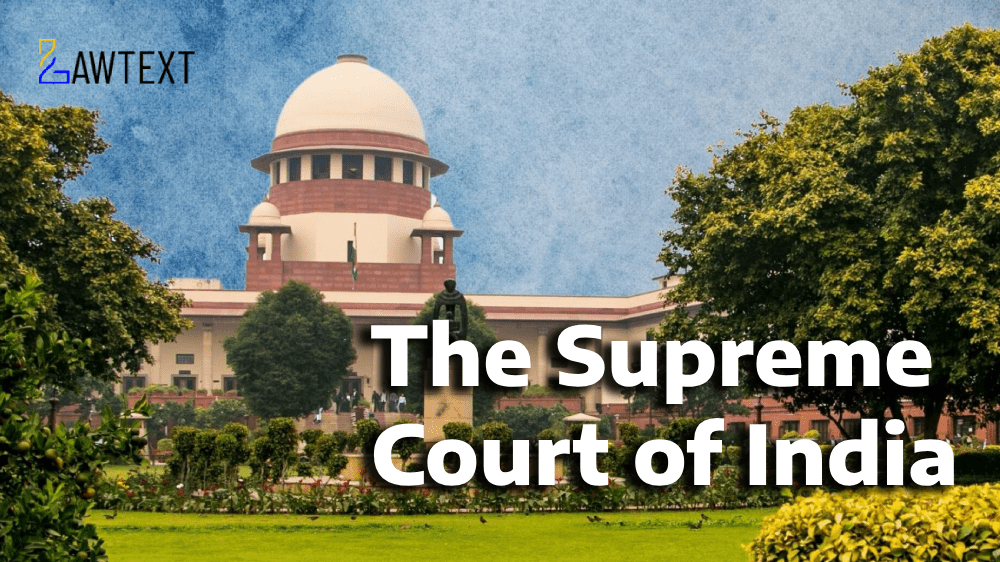CASE NOTE & SUMMARY
The appeal addressed the conviction of the appellant (brother-in-law) under Sections 306 and 498A of the Indian Penal Code (IPC) and Section 4 of the Dowry Prohibition Act, 1961. The Supreme Court reversed the lower court's decision, noting insufficient evidence to prove abetment of suicide or harassment by the appellant.
Acts and Sections Discussed:
- Indian Penal Code (IPC):
- Section 306: Abetment of suicide.
- Section 498A: Cruelty by husband or relatives of the husband.
- Dowry Prohibition Act, 1961:
- Section 4: Penalty for demanding dowry.
- Indian Evidence Act, 1872:
- Section 113A: Presumption as to abetment of suicide by a married woman.
- Section 113B: Presumption as to dowry death.
Subjects:
Dowry harassment, abetment of suicide, Section 498A IPC, Section 306 IPC, Section 113A Evidence Act, presumption of abetment, cruelty, dowry death.
Facts
Nature of Litigation : The appellant, convicted under Sections 306 and 498A of the IPC and Section 4 of the Dowry Prohibition Act, sought to overturn the decision of the Allahabad High Court affirming the trial court's judgment.
Reason for Filing the Case: The deceased, Kusum Devi, died by self-immolation, and her father alleged that the in-laws, including the appellant, demanded dowry and harassed her, leading to her suicide.
- Abetment of suicide (Section 306 IPC).
- Cruelty related to dowry demands (Section 498A IPC).
- Evidentiary presumptions of abetment (Section 113A Evidence Act).
- Trial Court: Acquitted all accused of dowry death (Section 304B IPC) but convicted them for abetment of suicide (Section 306 IPC) and cruelty (Section 498A IPC).
- High Court: Affirmed the trial court's judgment.
Issues
- Whether the appellant abetted the suicide of Kusum Devi.
- Whether the allegations of cruelty and harassment against the appellant were substantiated by evidence.
Submissions/Arguments:
Decision:
The Supreme Court set aside the conviction, ruling that there was no substantial evidence to demonstrate that the appellant abetted the suicide. It highlighted the distinction between Sections 113A and 113B of the Evidence Act, emphasizing that a presumption of abetment cannot be drawn without concrete evidence of cruelty or harassment.
Ratio Decidendi:
-
Presumption of Abetment (Section 113A Evidence Act):
- Courts may presume abetment of suicide if there is evidence of cruelty or harassment. Mere reliance on presumption without supportive evidence is untenable.
-
Requirement of Evidence:
- Abetment requires clear evidence of instigation, aiding, or active involvement, which was lacking in this case.
-
Burden of Proof:
- In cases of alleged abetment under Section 306 IPC, the prosecution must establish cruelty or harassment beyond reasonable doubt.
Citation: 2025 LawText (SC) (1) 93
Case Number: CRIMINAL APPEAL NO.1408 OF 2015
Date of Decision: 2025-01-09
Case Title: RAM PYAREY VERSUS THE STATE OF UTTAR PRADESH
Before Judge: [J.B.PARDIWALA J., R. MAHADEVAN J.]
Appellant: RAM PYAREY
Respondent: THE STATE OF UTTAR PRADESH

